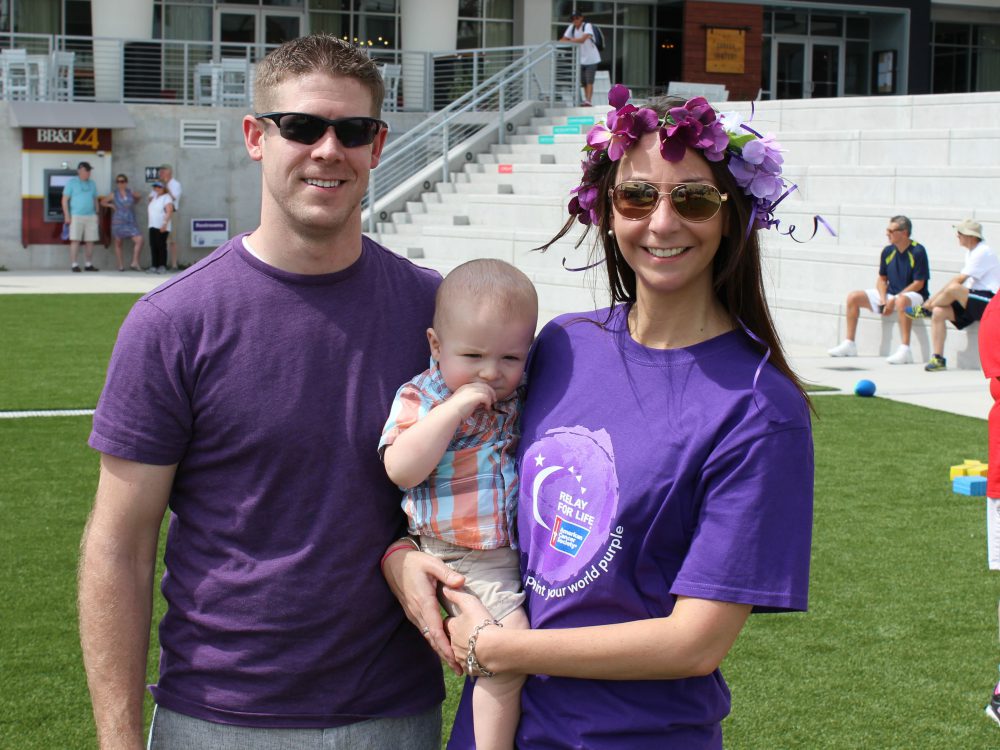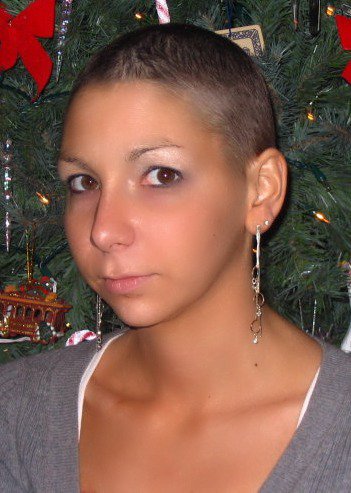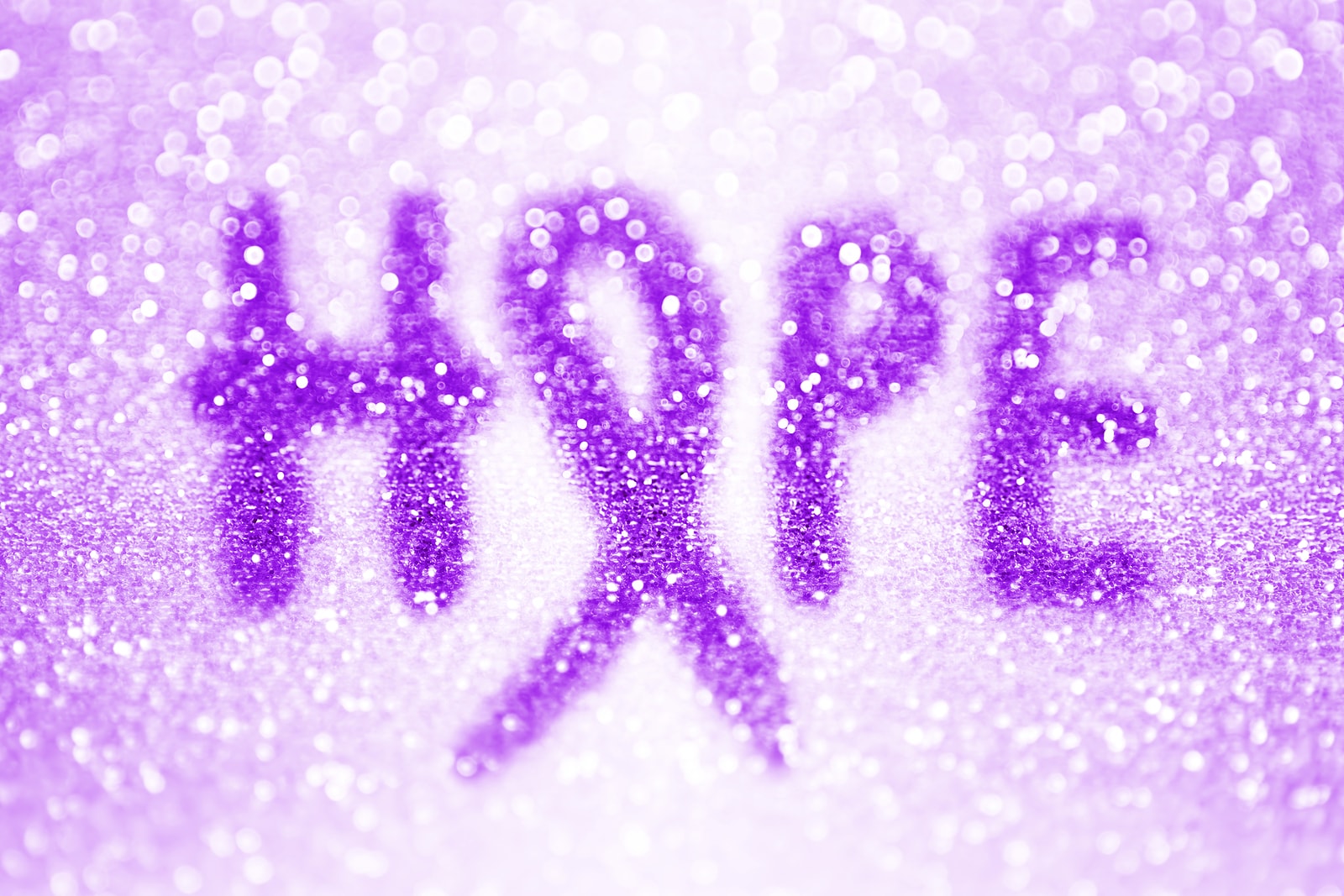According to a 2016 report from the American Cancer Society, in collaboration with the National Cancer Institute, there are approximately 15.5 million cancer survivors alive in the United States today. That number is projected to grow to more than 20 million in the next decade.
On June 5, 2016, cancer survivors were honored for National Cancer Survivors Day®, an annual Celebration of Life gathering to recognize survivors, raise awareness of the disease, gather support for people recently diagnosed and celebrate those who beat cancer.
In honor of National Cancer Survivors Day, Healthcare Daily Online interviewed Melanie Oberkrom, a married mother of one who refused to let a rare form of cancer disrupt her life.
This is her story:

Tell us a little about your background.
I am a Midwest girl raised in St. Louis, Missouri. I attended the University of Missouri and received a Bachelor’s of Science in Human Development and Family Studies. During my third year of college, I was diagnosed with cancer. I took one semester off to undergo surgery and radiation. Then I returned the following semester to take 12 credit hours, and continued working part-time at a preschool. Then, I underwent 15 weeks of chemotherapy, and traveled back and forth between St. Louis and Columbia, Missouri.
After one year of treatment, I was in remission and am happy to say I have been cancer free ever since. I am married to a Navy pilot, living in Jacksonville, Florida, and despite being told my treatments would cause me to be infertile, I gave birth to our son in May 2015.
What type of cancer were you diagnosed with?
Leiomyosarcoma (This is a rare cancer of the connective or supportive body tissues, such as bone, cartilage, muscle and blood vessels).
When were you diagnosed?
I was diagnosed on Valentine’s Day, 2006.
What was your first reaction when you were told that you had cancer?
“I don’t want to die,” followed by thoughts of “why me?” I was scared beyond comprehension and oftentimes felt like I was floating above my own body, watching this happen to someone else. How could it be me?
What was your treatment plan?
My tumor was located in my stomach and the first step was removal. I had a partial gastrectomy where they removed the top third of my stomach along with the tumor and the very bottom portion of my esophagus. After 12 weeks of bed rest, I began radiation therapy. I received radiation five days a week for six weeks (30 treatments).
Radiation greatly affected me and I was given six weeks to gain weight and build strength before beginning chemotherapy. I received chemo Monday through Friday, then was given two weeks off before starting another full week. In total, I had five weeks of chemotherapy (25 treatments) over a 15-week period.

How did you find the strength to go through the treatments?
After I accepted that this was my current life situation, I was determined to not let the odds of only a 30% survival rate beat me. I knew I had two options: lay down and give up, or fight. I wanted to live. I wanted to graduate college, get married, and have a family. I just remained focused on what I wanted in this life and refused to let cancer take any of it from me.
Who or what helped you get through this cancer battle?
God and prayer, my family and friends and school. I tried my best to not let cancer affect me, mentally, physically, and spiritually. I stayed focused on my studies and surrounded myself with supportive people – they were the ones to keep me distracted, keep a smile on my face, take care of me when I needed it, and they carried me on the days I wasn’t sure I could go on.
I listened to my body and rested when I needed to, and made sure to fuel my body with a healthy diet and what little exercise I could endure. I tried to live my life as normally as I could. That is why, as hard as it was, I moved back to Columbia and began taking classes and working again.
How has your life changed after cancer?
I live my life differently – in all aspects. I am never quick to pass judgment on others because I was, and still am, judged for things beyond my control, beyond what people can see or understand. Cancer caused me to dedicate a lot of my free time to helping other young adults battling this disease as well as dedicating my time to organizations that help in the fight against cancer.
Lastly, I never take my days or relationships for granted. I invest my time, energy and love into activities and people that bring positivity to my life. I realized how quickly life can be taken from you and I understand the importance of the little things or the mundane moments.
What does National Cancer Survivor Day mean to you?
National Cancer Survivor Day means sharing my story in the hopes of helping someone else who might be feeling alone or scared as I did ten years ago. It means advocating and raising awareness. It means asking people to donate blood or platelets. It means making sure my loved ones get their mammograms and colonoscopies. It means helping my loved ones live a healthier life through proper diet, exercise, tobacco cessation. Overall, it means using my story to make a difference in the lives of others and fighting to find a cure for this disease.









